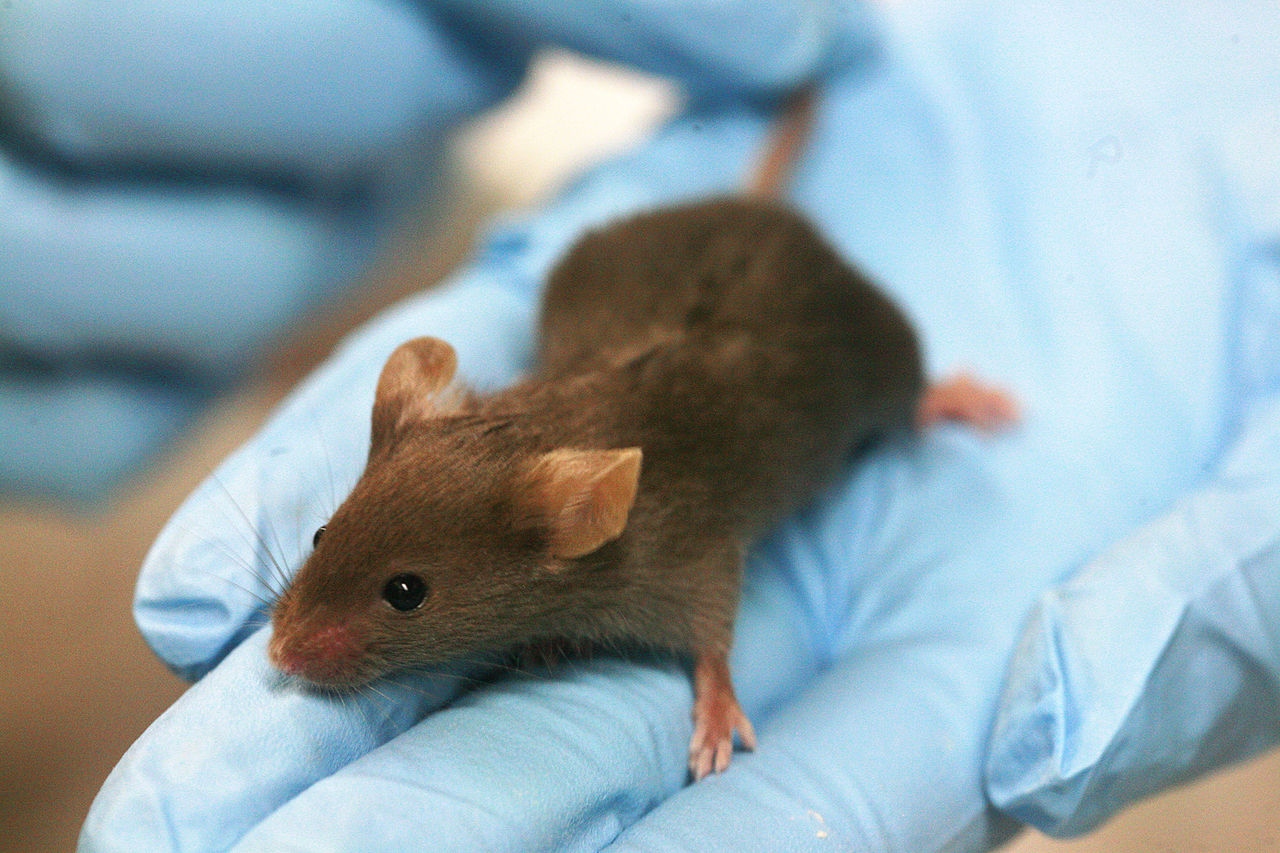 Health & Physiology
Health & Physiology
Could we reverse memory loss in Alzheimer’s patients? Mice answer yes!

Alzheimer's disease is the most common form of dementia. A striking characteristic is memory loss. In the brain, nerve cells or neurons make connections, named synapses, to process information. When the synapses are not functional or when the neurons are not well connected anymore, cognitive deficits arise including loss of memory.
In Alzheimer's disease, a molecule called amyloid beta (Aβ), present in a healthy brain becomes deregulated and starts to accumulate in the brain of patients forming the sadly well-known amyloid plaques, one of the hallmarks of the disease. We know that Aβ induces synapse loss triggering deficit in memory, but how this occurs remains uncertain.
Aβ can affect the levels of certain molecules in the brain, one in particular is called Dickkopf-1 (Dkk1). This is interesting because Dkk1 is an inhibitor of a family of proteins named Wnts, which have recently been suspected to be dysregulated in Alzheimer's disease. Importantly, an upregulation of Dkk1 is found in the brains of Alzheimer's patients. Also, Aβ elevates Dkk1 levels and blockade of Dkk1 protects synapses from Aβ-mediated degeneration. Our group decided to further investigate the effects of Dkk1 by varying its level in the brain. To achieve this, we used a laboratory technique widely used to engineer genetically modified mice that can produce different levels of a specific molecule at the scientist's will. To understand the effect of Dkk1 in the brain, we used a mouse which has more Dkk1 (let's call it a "Dkk1-mouse") than healthy mice. Hence, the Dkk1-mouse could mimic the changes brought on by Aβ.
The Dkk1-mouse with high levels of Dkk1 showed memory deficits. When we studied its brain, we saw a reduction of the number and function of synapses in the hippocampus, a brain area that controls learning and memory. As the only difference between the Dkk1-mouse and a healthy one was the presence of Dkk1, we concluded that Dkk1 induces the loss of synapses, their dysfunction and eventually the loss of memory. So, in short the more Dkk1, the more synaptic dysfunction, the greater decline in memory.
Given the levels of Dkk1 can be modulated in the Dkk1-mouse, we questioned whether the loss of synapses and memory are reversible. After memory loss, we restored the levels of Dkk1 back to healthy levels. By evaluating the performance of the Dkk1-mouse in memory tests and examining the state of the synapses, we observed that memory recovered back to normal and synapses regenerate. The function of Dkk1 as a blocker of Wnts could be one possible explanation for these encouraging findings. Wnts are essential to maintain functional synapses in the adult brain. Therefore, too much Dkk1 blocks Wnts leading to synapse loss and ultimately memory loss.
These exciting results suggest that by blocking Dkk1 levels even after the manifestation of cognitive deficits, brain function could be restored offering a possible therapeutic approach for the treatment of Alzheimer's disease.
Original Article:
Marzo A, Galli S, Lopes D, McLeod F, Podpolny M, Segovia-Roldan M, Ciani L, Purro S, Cacucci F, Gibb A, Salinas P. Reversal of Synapse Degeneration by Restoring Wnt Signaling in the Adult Hippocampus. Current Biology. 2016;26(19):2551-2561. doi:10.1016/j.cub.2016.07.024.Next read: Evolution does not care by Thomas Wilhelm , Holger Richly
Edited by:
Massimo Caine , Founder and Director
We thought you might like
Hacking the tryptophan metabolic process to reduce neurodegeneration
Apr 25, 2017 in Health & Physiology | 3 min read by Carlo BredaThe power of our adaptive immunity against Alzheimer’s Disease
May 10, 2017 in Health & Physiology | 3 min read by Daniele GuidoToxic brain cells are a new target for treating neurodegeneration
May 24, 2017 in Health & Physiology | 3.5 min read by Shane A. LiddelowAlzheimer’s: A New Approach to Treating an Old Disease
Apr 3, 2018 in Health & Physiology | 3.5 min read by Pamela MaherMore from Health & Physiology
Chemotherapy and heart failure
Mar 25, 2024 in Health & Physiology | 2.5 min read by Hector Villarraga , Mariana Garcia ArangoStressing the gut-brain axis
Jan 29, 2024 in Health & Physiology | 3.5 min read by Niklas Blank , Kai Markus Schneider , Christoph ThaissTaurine: a supplement for extending life-span and health
Jan 24, 2024 in Health & Physiology | 3 min read by Vijay Kumar Yadav , Parminder Singh , Kishore GollapalliTake Them Outside: Cold Air Helps Croup Symptoms in Kids
Jan 3, 2024 in Health & Physiology | 3.5 min read by Zoé ValbretHow the immune response to a common virus may target the brain in multiple sclerosis
Dec 20, 2023 in Health & Physiology | 4 min read by Olivia ThomasEditor's picks
Trending now
Popular topics


